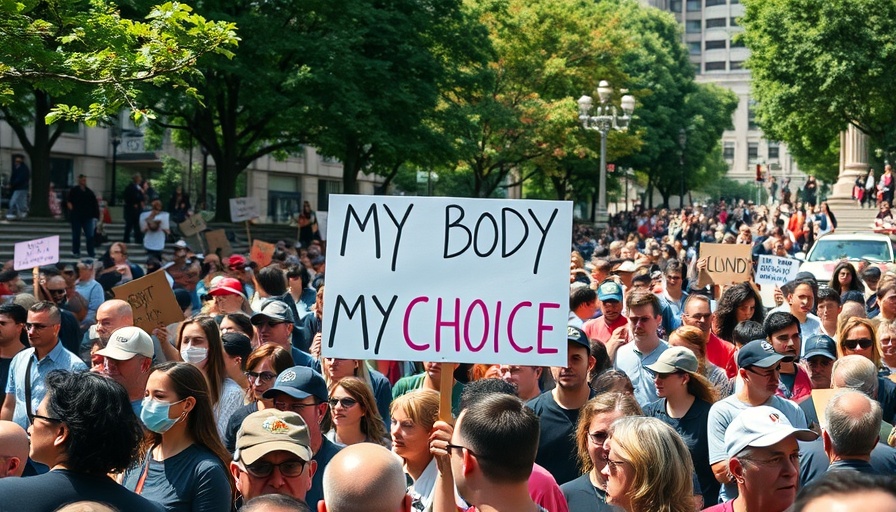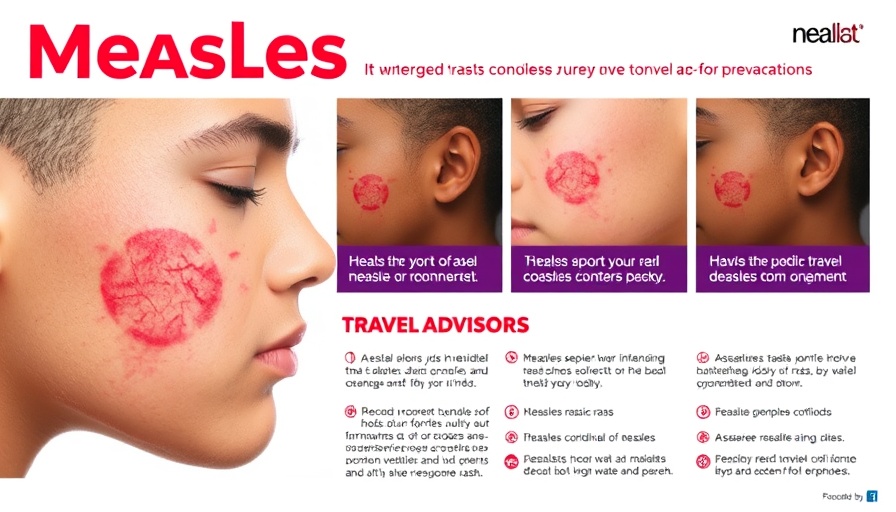
Tragic First Death Linked to Texas Measles Outbreak
The Texas Department of State Health Services recently announced a heartbreaking milestone: the first death related to the ongoing measles outbreak in West Texas. The victim, a school-aged child who was not vaccinated, succumbed after being hospitalized in Lubbock. This tragic event serves as a harsh reminder of the risks associated with vaccine hesitancy and the highly contagious nature of measles.
Understanding the Measles Outbreak in Texas
Since its initial identification in rural Gaines County, the measles outbreak has escalated, with 124 reported cases spanning both Texas and New Mexico, leaving 18 individuals hospitalized. This surge is particularly alarming as the World Health Organization (WHO) attributes an estimated 2.5 million deaths annually to measles, underscoring its dangerous potential, especially among unvaccinated children.
Vaccination Rates and Legislative Context
Gaines County, close to New Mexico, has one of the highest rates of vaccine exemptions in Texas. Interestingly, around 2.3 percent of children statewide are not vaccinated due to exemptions that allow parents to opt-out based on personal beliefs. Recent reports indicate that some Texas lawmakers have pushed for further easing of vaccination requirements, reflecting a growing anti-vaccine sentiment in certain political circles. This trend has garnered attention at the federal level as well, particularly with controversial figures like HHS Head Robert F. Kennedy, Jr. perpetuating debunked theories linking vaccines to autism during discussions in cabinet meetings.
The Importance of Vaccination
The Centers for Disease Control and Prevention (CDC) has long implemented successful strategies to eradicate measles in the United States, declaring the disease eradicated in the year 2000 due to robust vaccination campaigns. The standard immunization protocol recommends a two-dose measles vaccine for children, administered at ages 12-15 months and again between four to six years old. However, the current outbreak starkly contradicts this historic progress, demonstrating the real-world consequences of declining vaccination rates.
Current Response Efforts and Community Impact
In response to the rising cases, health officials in Texas have established mobile testing clinics in affected regions, allowing families access to necessary vaccination or immunoglobulin shots if they might have been exposed. Moreover, there are reports of families choosing to vaccinate their children despite previous hesitations, showcasing a potential shift towards prioritizing public health in light of the outbreak.
Looking Forward: The Future of Vaccination Policy
The current measles crisis puts the spotlight on the broader implications of vaccine policy in Texas and across the nation. As health officials and lawmakers navigate these tumultuous waters, the importance of public health communication and education about vaccine efficacy cannot be overstated. Conversations surrounding vaccines must evolve into proactive measures that encourage informed decisions and uphold community immunity.
In conclusion, the tragic loss of a child to measles echoing through Texas highlights the urgent need for renewed emphasis on vaccinations among communities, especially amid rising exemptions. For Texans, the call to action is clear: understand the value of vaccinations, advocate for community immunity, and engage in informed decision-making for the health and safety of our children.
 Add Row
Add Row  Add
Add 




 Add Row
Add Row  Add
Add 

Write A Comment